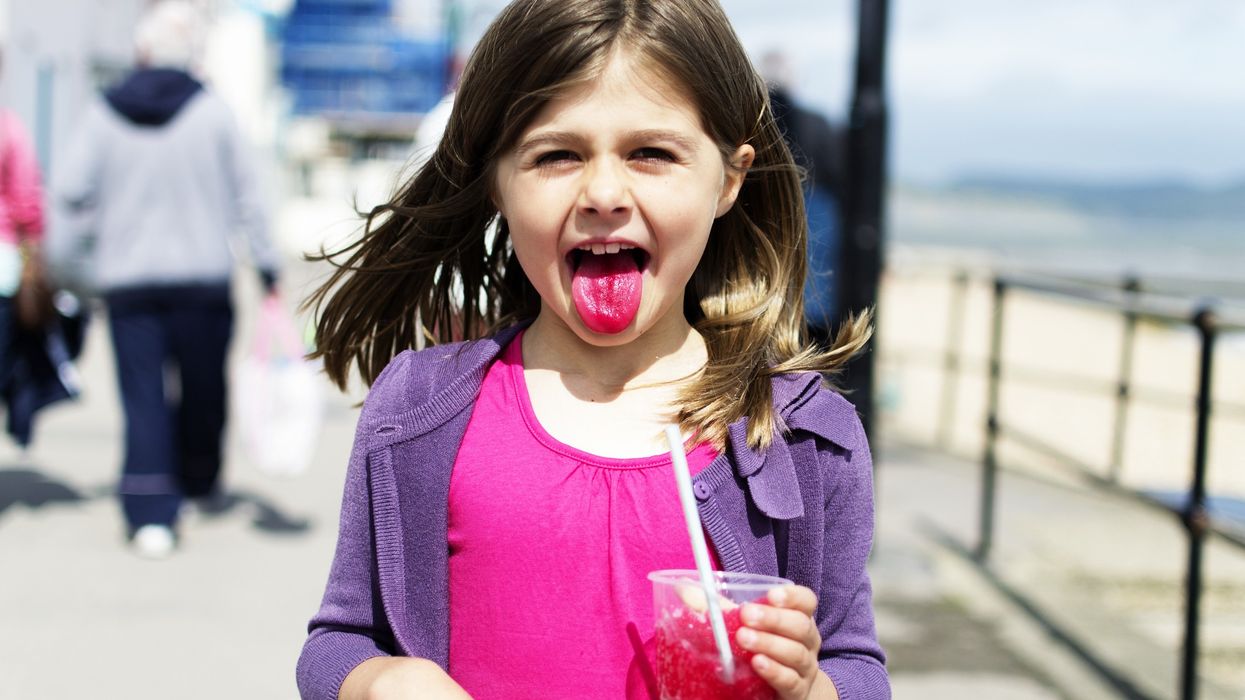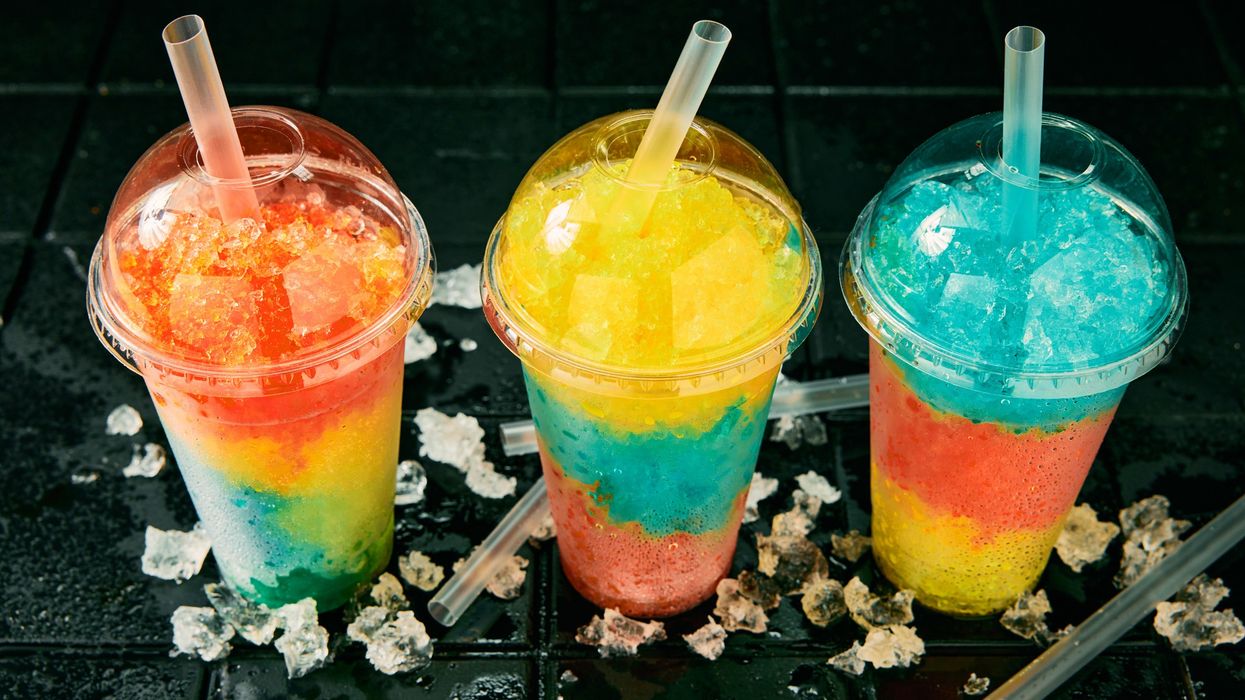Children’s love for brightly coloured, sweet beverages, such as slushy ice drinks, may come with hidden dangers, according to new research that highlights the risks posed by glycerol, a common ingredient in these products. Doctors are now urging that children under eight should completely avoid slushy drinks that contain glycerol, as they may cause serious health issues, including loss of consciousness and shock.
The call for revised health advice comes in response to a recent study conducted by paediatricians in the UK and Ireland. The research, published in the journal Archives of Disease in Childhood, examined 21 cases of children aged between two and seven who required emergency treatment shortly after drinking glycerol-containing slushies. These cases, all from 2018 to 2024, involved children who became acutely ill within an hour of consuming the drinks.
Glycerol intoxication: The hidden danger
Slushy drinks are often marketed to appeal to young children due to their vibrant colours and refreshing taste. Most parents are unaware, however, that many of these beverages replace sugar with glycerol, a naturally occurring sweetener used to prevent the drink from freezing solid. Glycerol gives slushies their signature semi-frozen texture, but in young children, it can lead to a condition doctors are calling “glycerol intoxication syndrome.”
The symptoms of glycerol intoxication can vary, but in all 21 children studied, the results were serious enough to warrant a visit to Accident & Emergency (A&E). The children exhibited a range of alarming symptoms: most lost consciousness, many experienced hypoglycaemia (low blood sugar), and some showed signs of high acidity in their blood. Four children required brain scans, and one suffered a seizure. Although all the children in the study eventually recovered, their experience highlights the potential severity of this issue.
Current advice and proposed changes
The Food Standards Agency (FSA) in the UK currently advises that children under five should avoid slushy drinks, while those aged five to 11 should consume them in moderation, with no more than one serving recommended. This advice stems from concerns that drinking slushies too quickly can lead to rapid glycerol absorption, which in turn may cause hypoglycaemia, shock, or even loss of consciousness.
However, the new study’s authors believe that this advice does not go far enough. Lead author Professor Ellen Crushell, from Dublin, warned that the 21 cases studied may only represent the "tip of the iceberg." She speculated that many more children could be suffering from milder symptoms, such as nausea and vomiting, that do not require hospitalisation but still result from glycerol consumption.
Because of the difficulty in determining a safe amount of glycerol for children, researchers are calling for clearer, age-based recommendations. At present, it is almost impossible for parents to assess how much glycerol a slushy contains or how quickly their child will drink it. Factors such as a child's weight, the speed of consumption, and whether the drink is taken with food or after exercise all play a role in how the body reacts. With so many variables, the researchers suggest that a simple age limit of eight years old could be an effective way to prevent these adverse reactions.
Parental concerns and the industry’s role
One reason slushies remain popular with parents is their lower sugar content, especially in countries like the UK, which has a sugar tax. Many of these drinks now rely on glycerol instead of glucose to create their texture, which parents often perceive as a healthier option. In countries without a sugar tax, slushies tend to contain higher levels of glucose and little to no glycerol, thus avoiding the risk of glycerol intoxication altogether.

Dr Sally Anne Wilson, chair of the Royal College of Emergency Medicine's safer care committee, explained the dilemma facing parents: “As a parent, you want to make sensible decisions for what you buy your child, but if you’re not aware of the risks of glycerol, you won’t think twice about buying a slushy.” She emphasised that many parents do not know these drinks contain glycerol, let alone the dangers associated with it.
Wilson also acknowledged that giving advice based on a child’s age rather than weight might simplify matters for parents. While children's weights can vary significantly within the same age group, an age-based recommendation would be easier to follow and help minimise the risk of glycerol-related incidents.
A need for action
The study has already prompted the Food Standards Agency to reconsider its current guidance on slushy drinks. Rebecca Sudworth, the FSA’s director of policy, said the agency was reviewing the findings carefully and reiterated the importance of following existing recommendations. “We continue to strongly encourage parents to follow our advice, which is that slushy drinks should not be given to children under four years old,” she said. Retailers are also advised to communicate this guidance to customers.





